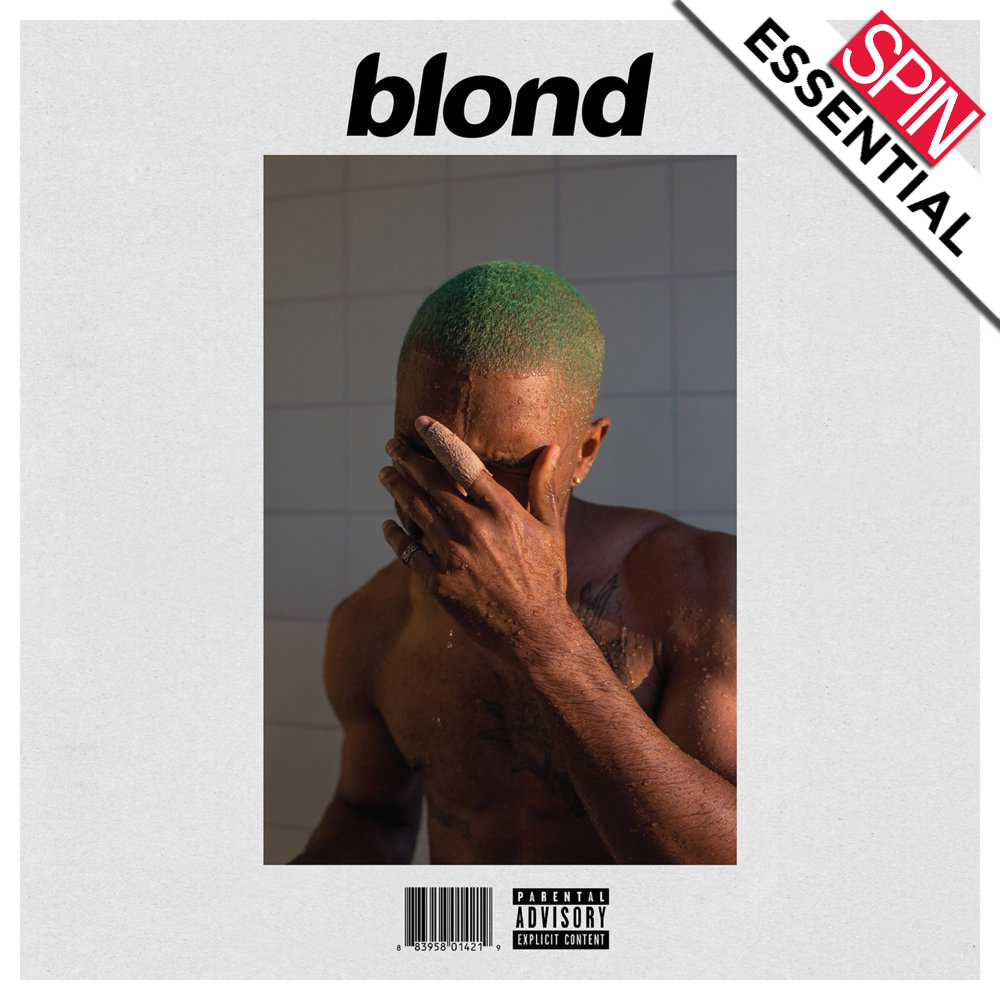Release Date: July 17, 2012
Label: Moshi Moshi
In the 27 years since Paul Simon violated the cultural embargo imposed by the African National Congress, traveling to the apartheid nation of South Africa and seeking out jive-playing Johannesburg locals like Ladysmith Black Mambazo, the world has turned upside-down. Despite criticism of the move — which angered anti-apartheid activists like Dali Tambo and authenticity-minded music critics alike — the rudderless singer-songwriter got his groove back with 1986’s resulting Graceland to the tune of 14 million records sold, multiple Grammys, and plenty of year-end love from not-so-authenticity-minded critics. Apartheid soon crumbled, Nelson Mandela was freed, and notions of racial hierarchy were upended to the point now where the leader of the free world has Kenyan and Kansan blood in his veins, and 111.3 million Americans can watch a Sri Lankan refugee-turned-pop-provocateur give them a one-finger salute during the Super Bowl’s halftime show.
M.I.A. merits mention here, as she figures heavily in the Very Best’s origin story: The blogosphere first took note when the group — European production duo Radioclit (Etienne Tron and Johan Karlberg) and London-based Malawian vocalist Esau Mwamwaya — hopped onto her “Paper Planes” beat and re-jiggered it into the breakout track, “Tengazako.” With 2008’s Esau Mwamwaya and Radioclit are the Very Best mixtape and 2009’s commercial debut The Warm Heart of Africa, cultural bubbles burst and borders between nations crossed, legally and otherwise. M.I.A., Santigold, and the Graceland-copping members of Vampire Weekend all hopped on tracks; Architecture in Helsinki, Michael Jackson, and the Beatles all served as raw beat material; strands of highlife, Miami bass, synth-pop, and kwaito all snuck into the mix. But Mwamwaya surfed on it all, ebullient and untroubled.
Never mind that the singer was denied a work visa to return to the United Kingdom to tour or work on a follow-up. Or that his Malawi homeland is one of the poorest, least-developed countries on earth, with a high AIDS and infant-mortality rate. Or even that Tron has left the fold, with Karlberg traveling alone to his remaining bandmate’s hometown of Lilongwe to write, record, and produce their latest. Despite the roadblocks, Mwamwaya still sounds supremely confident and triumphant on MTMTMK. How confident? “You walking on water / You walking on air,” sings London-based, Nigerian-born Seye Adelekan on the giddy Europop hook of “Kondaine.” Or check the video for first single “Yoshua Alikuti,” which protests the regime of recently deceased Malawian president Bingu wa Mutharika: Transposing Lil Wayne’s iconic “A Milli” video to the abject Kiamaiko slums of Nairobi, Mwamwaya swaggers through the shantytown looking way tougher than Nigerian hair.
Producer Karlberg also has expanded his reach and grip, snatching sounds from all over and re-purposing them to serve Mwamwaya’s immaculate, coruscating voice. Ancient instruments commingle with modern earmarks. The vuvuzela wheeze on opener “Adani” delivers a World Cup 2010 flashback — before rave squelches enter the mix. The Timbaland-style synths on “Moto” could move bodies in both Miami and Ibiza; “Come Alive” cagily shifts from sublime Chichewa-language harmonizing to superclub detonation. Karlberg digs even deeper into Africa’s diverse musical heritage on the all-star “Bantu,” integrating Malian couple Amadou & Miriam and Senegalese singer Baaba Maal for the album’s swirling psychedelic centerpiece.
Be it a chopped-up, AutoTuned Taio Cruz hook on the digitized rhumba of “Rumbae” or the Bruno Mars assist over a percolating highlife guitar lick on “We OK” (with Somali-Canadian rapper K’naan chiming in), the Very Best are beacons of global pop, which in 2012 means heading directly to the club. “Sky could fall down any day / Nothing lasts forever anyway,” goes the chorus of the latter track, so while violent political protests might continue under new Malawi President Joyce Banda (and our own Kenyan-Kansan leader might lose to a white multi-millionaire in a few months), inherent in Mwamwaya’s voice is the uncanny sense that even if the world turns upside-down again, yes, we’ll still be okay.





